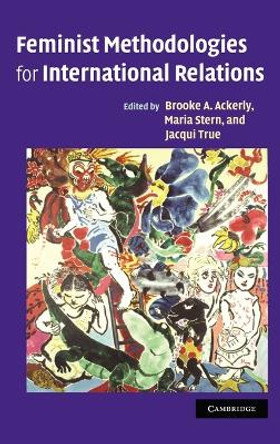The Women's International League for Peace and Freedom (WILPF) has a unique role in post-war peace activism. It is the longest-surviving international women's peace organization and one of the oldest peace organizations in the West. It was founded in 1915, when a group of women from countries fighting in World War I met at The Hague to formulate proposals for ending the war. The organization sent delegations of women to several countries to plead for peace, and their final resolutions are credited with influencing Woodrow Wilson's 14 Points. Today, the organization counts several thousand members in 36 countries, on five continents. Since 1948, it has enjoyed consultative status with the UN, and it was instrumental in bringing about recent United Nations Security Council Resolutions on Women, Peace and Security. Beginning in 1945, WILPF began identifying the limitations of its ideological foundations in relation to the international liberal order. Confortini argues that this period ushered in a turn in the organization's policies and activism, one that lasted until the mid-70s and served as an important antecedent to feminist activism that continues today. By tracing the organization's changing strategies and ideas over a thirty-year period, Intelligent Compassion seeks to answer to what extent activists can transcend the prevailing practices of their eras. Confortini argues that this history is important theoretically because it inspires the development of a critical constructivist theory of agency that advances the agent-structure debate in International Relations theory.
About the AuthorCatia Cecilia Confortini is Assistant Professor of Peace and Justice Studies at Wellesley College. Her research interests focus on the contribution of women's peace activism to peace studies as an academic field and as a practice. She is the US representative to WILPF's International Board for 2011-2014.
ReviewsIn this superbly sensitive and conceptually innovative book, we see the constitutive nature of women's peace activism and the radically changing international political context of the period from World War II to the mid-1970s in action. This is no small feat, but Confortini goes further, clearly articulating a productive relationship between feminist methodology, constructivism, and international relations theory that should be read by all students of feminism, international relations, and peace studies. * Cecelia Lynch, University of California, Irvine *
Book InformationISBN 9780199845231
Author Catia Cecilia ConfortiniFormat Hardback
Page Count 240
Imprint Oxford University Press IncPublisher Oxford University Press Inc
Weight(grams) 553g
Dimensions(mm) 160mm * 236mm * 20mm










